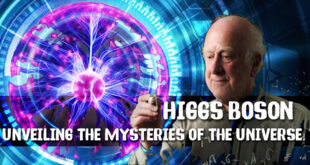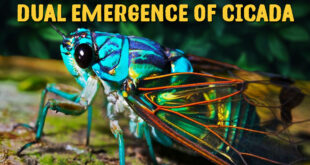Can exercise itself be replaced and substituted with biochemical treatment, thereby supplying patients with ‘bottled exercise’? Over the last 30 years, the longevity of Indians, on average, has shot up remarkably. It was 41 years in the year 1960 and has risen to 68 years of age in 2015. While people live longer, age-related problems — both physical and mental — have become important issues to worry about and find solutions to. Progressive loss of memory and reduction in cognitive ability, together clubbed as dementia, has risen. It has been estimated that 4 million Indians suffer from some form of dementia. While Alzheimer’s disease is one such neural disorder (1.6 millions of the 4 million), there are other disorders contributing to dementia too. As we grow older, our brains change. The neural cells in the hippocampus, the part associated with learning, acquiring and maintaining memory, are damaged. If one were to find means of protecting this part of the brain and find ways to regenerate these neural cells, it should be possible to overcome and win over this problem and regain cognitive normalcy. What are the factors leading to dementia? Some studies across the world had suggested that a ‘risk gene’ called APOE4, and another one termed presenilin might play some role here. But the frequency of APOE4 (and presenilin) is too low to be of major consequence (data from Dr. G. Chandak from CCMB Hyderabad and Dr. Mathuranath from Thiruvananthapuram), though there appears to be a regional variation across India (data from Dr. P.P. Singh of Punjabi University, Patiala). A more important finding, and likely causative factor, comes from the imaging of the brain; this has found the hippocampus and some other parts of the brain to be tangled a bit, with some insoluble sheet-like ‘plaques’ which interfere with signal transmission in the brain. (Such a thing was first detected in what was called as the ‘mad cow’ disease detected in cows in U.K. which were fed meat products to eat). Yet others have suggested the role of a protein called brain-derived neurotropic factor or BDNF; when its level falls below optimum, dementia results. Several methods have been tried to address the dementia problem. Attempts using vaccine candidates have not been successful, not attempts to use immune-therapy. Remarkably, sustained physical exercise seems to help — a remarkable connection between the physical and the mental. Exercise has long been thought of to stimulate neurogenesis, namely the generation of new nerve cells, just as it does muscular and cardiac cells. Towards this, a group led by Dr. Rudolph E. Tanzi at Harvard University in Cambridge, MA, USA has published a note in the September 7, 2018 issue the journal Science, using a mouse afflicted with Alzheimer’s disease as the model.
Check Also
Dual Emergence of Cicada
Concept: Cicadas are insects belonging to the hemipteran order, renowned for their loud, intricate, …
 Chinmaya IAS Academy – Current Affairs Chinmaya IAS Academy – Current Affairs
Chinmaya IAS Academy – Current Affairs Chinmaya IAS Academy – Current Affairs



